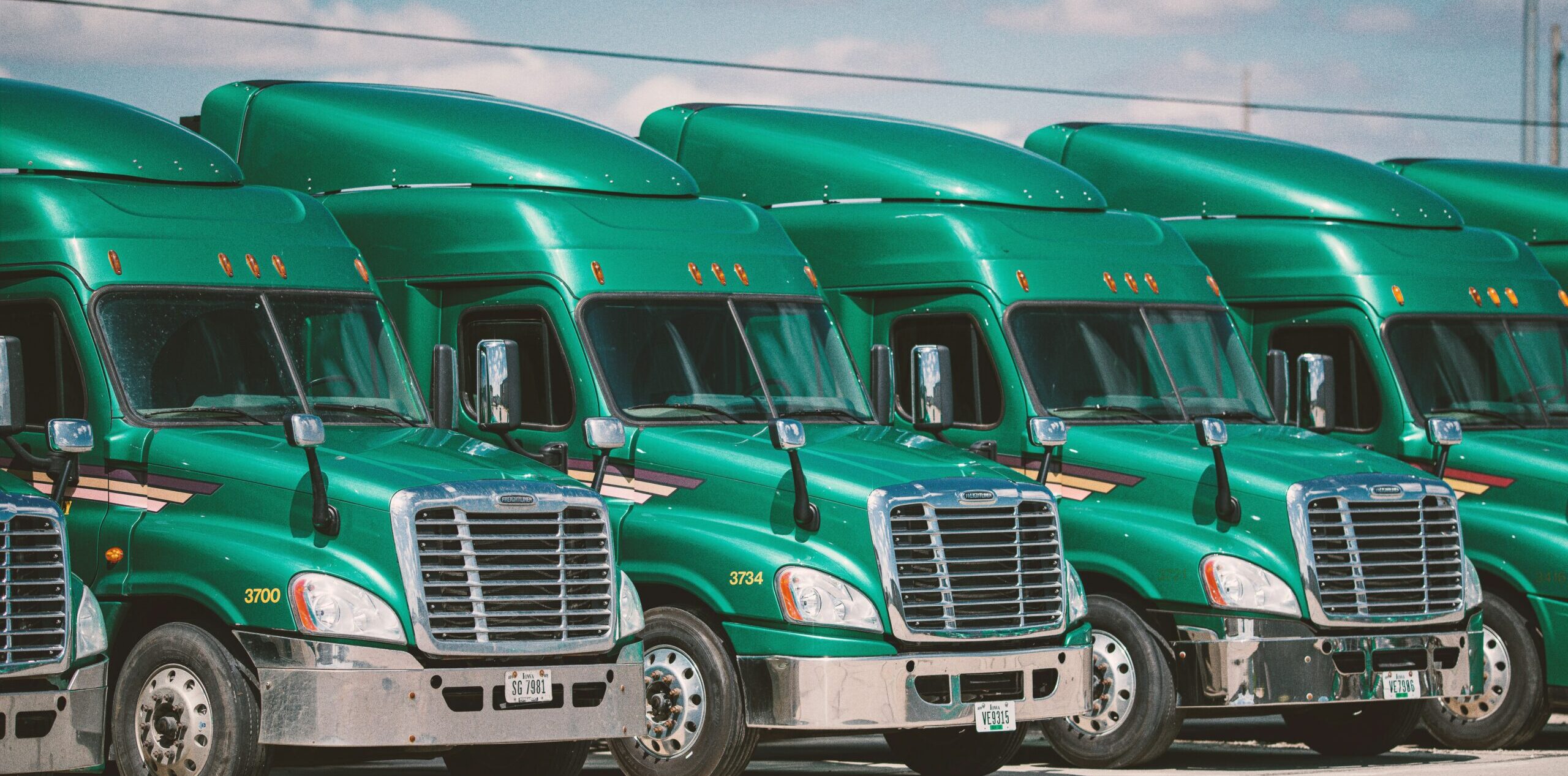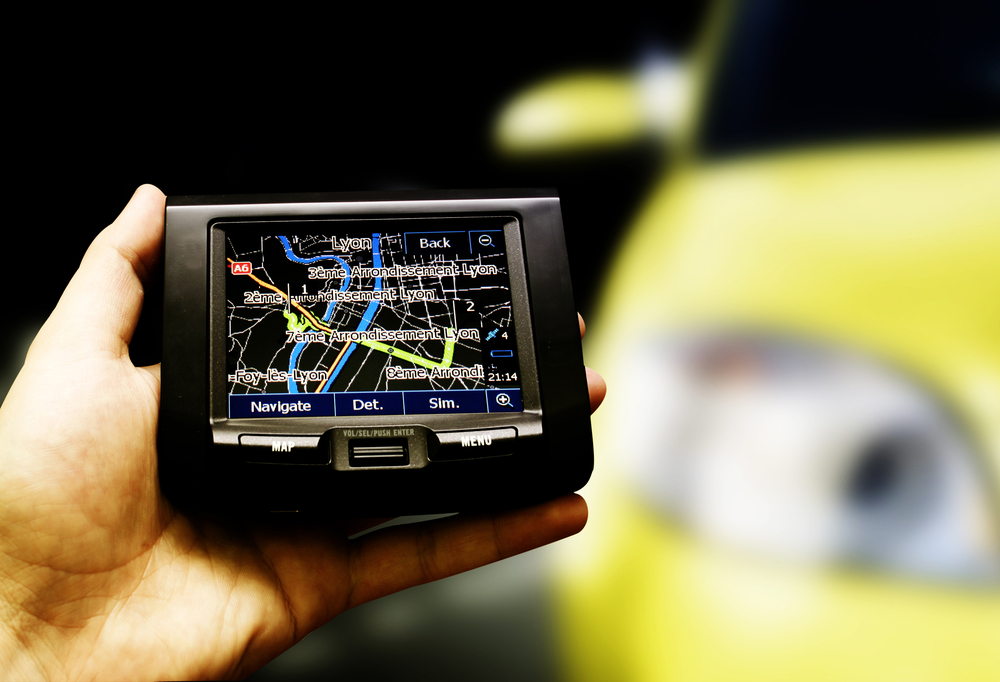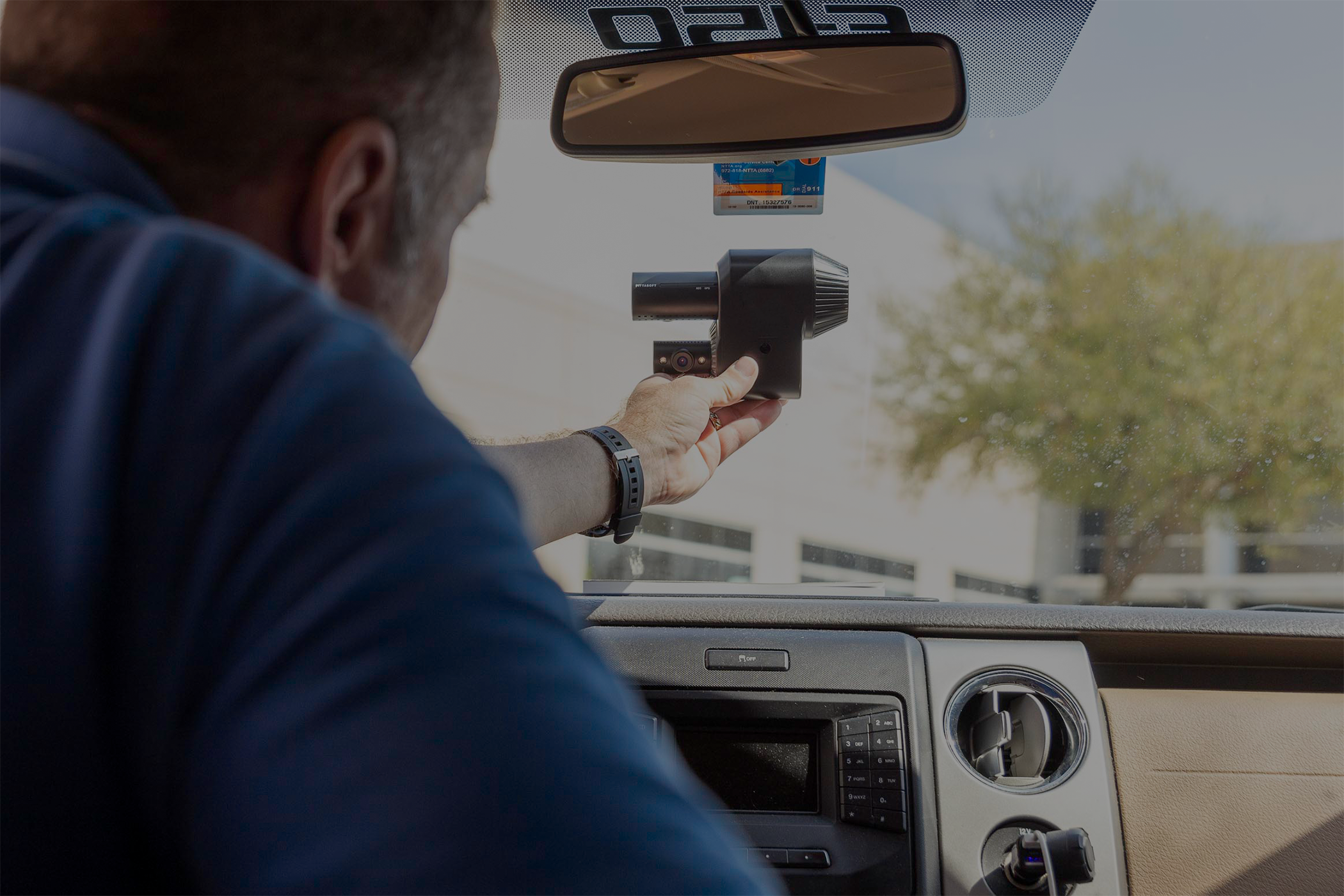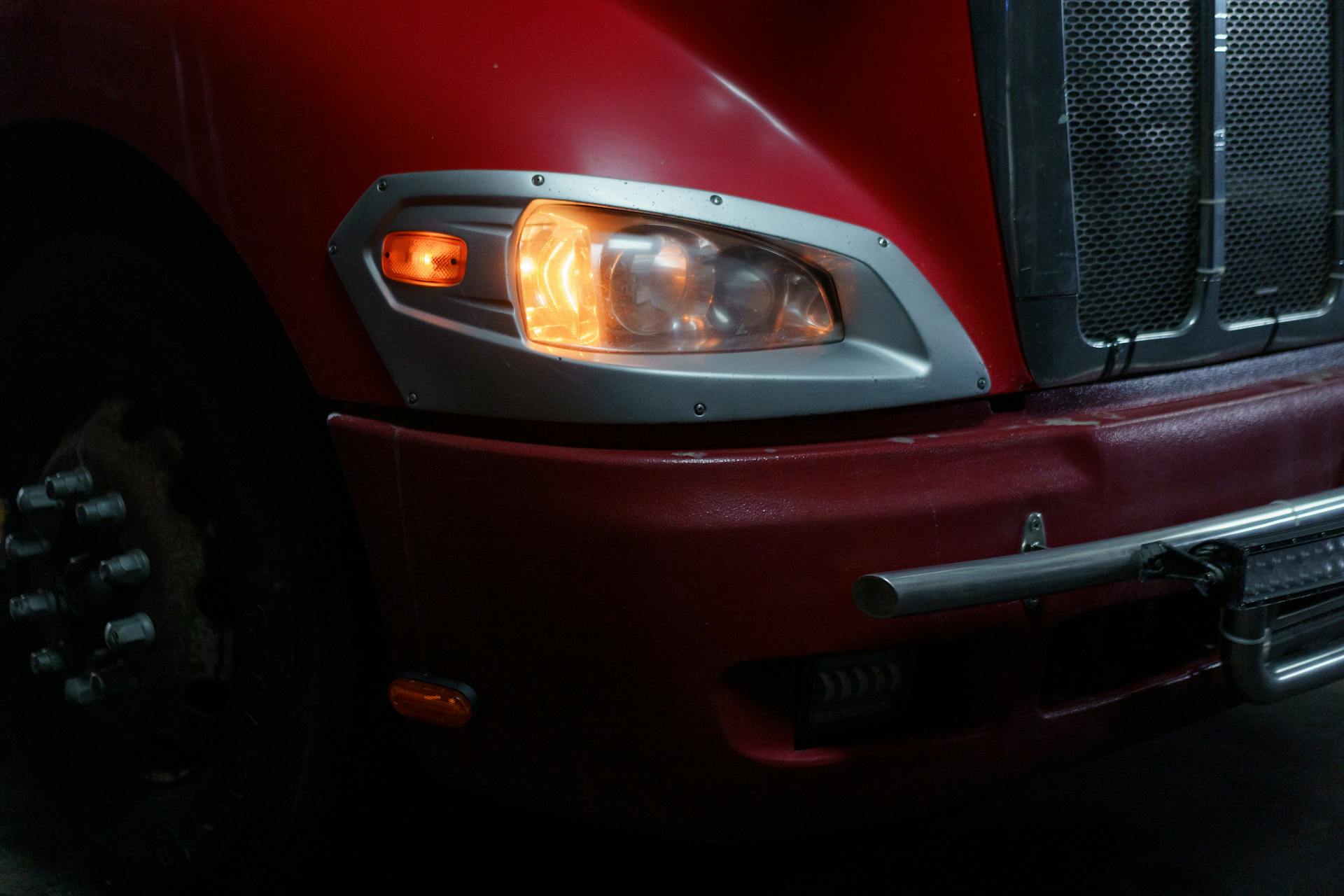Dash cams have revolutionized fleet operations, with statistics indicating a significant boost in efficiency and safety. These devices, originally designed for recording road incidents, have evolved into sophisticated tools offering a wide range of functionalities. In modern vehicles, dash cams play a crucial role in enhancing safety, providing valuable evidence in accidents, and improving driver behavior. Their utility extends beyond mere recording, influencing insurance premiums, legal disputes, and overall operational effectiveness. Understanding the evolution and importance of dash cams sets the stage for exploring their future potential in leveraging remote storage and cloud technology.
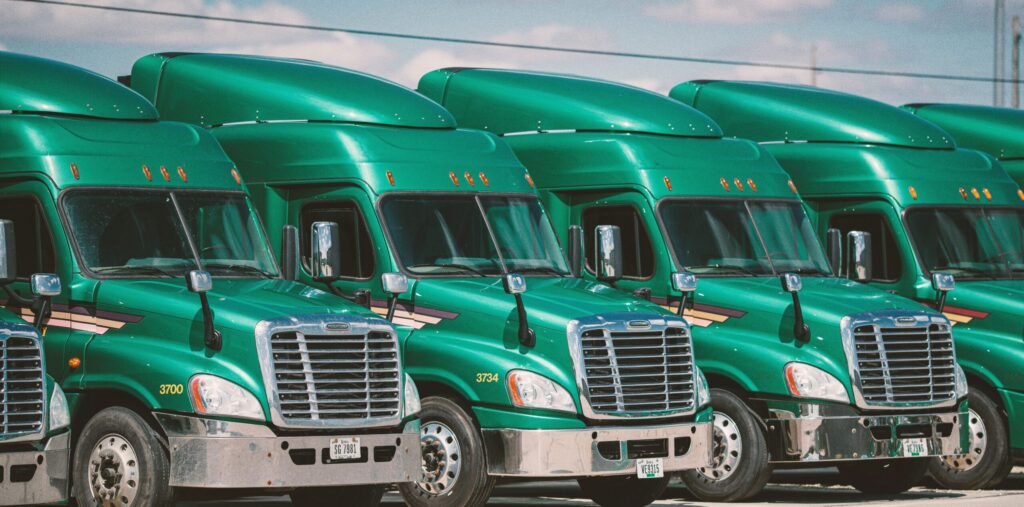
Current State of Dash Cams
Dash cams are available in various types, including single-channel, dual-channel (front and rear), and multi-channel setups. Single-channel dash cams record footage from the front of the vehicle, while dual-channel systems capture both front and rear views simultaneously. Multi-channel dash cams can have additional cameras for recording inside the vehicle or covering blind spots. Modern dash cams come equipped with a range of features and capabilities. These include high-definition video recording (up to 4K resolution), wide-angle lenses for broader coverage, built-in GPS for location tracking, G-sensors for impact detection and automatic event recording, loop recording to overwrite old footage, Wi-Fi connectivity for easy file transfer, and mobile app integration for remote access and control.
Traditional dash cam storage solutions often rely on SD cards or internal memory, which can have limitations in terms of storage capacity and reliability. SD cards may need frequent manual replacement or maintenance, and internal memory can be limited, leading to potential data loss or overwriting important footage.
The Rise of Remote Storage and Cloud Technology
Remote storage and cloud technology in the context of dash cams refer to the ability to store dash cam footage and data on remote servers or cloud-based platforms instead of relying solely on local storage solutions like SD cards or internal memory. This allows for seamless access to data from anywhere with an internet connection. The advantages of remote storage and cloud technology for dash cams include:
- Increased storage capacity: Cloud-based storage solutions offer virtually unlimited storage space compared to the limitations of physical storage devices like SD cards, allowing for longer retention of footage.
- Enhanced accessibility and convenience: Users can access dash cam footage remotely from any device with internet access, making it easier to review, share, and manage data without the need for physical retrieval of storage media.
- Real-time data syncing and backup: Dash cam footage can be automatically synced to the cloud in real time, ensuring that critical data is backed up securely and reducing the risk of data loss due to device damage or theft.
- Improved data security: Cloud-based storage solutions often employ robust security measures such as encryption, access controls, and redundancy to protect dash cam footage from unauthorized access, ensuring the integrity and confidentiality of recorded data.

Integration Challenges and Solutions
Integrating dash cams with remote storage and cloud systems presents several technical challenges that need to be addressed. One major challenge is ensuring compatibility between dash cams and various cloud storage platforms and protocols, especially considering the diverse range of manufacturers and models available. Additionally, uploading high-definition footage in real time requires significant bandwidth, which can be a hurdle in areas with limited internet connectivity or for large fleets with multiple dash cams transmitting data simultaneously. Another technical aspect is maintaining data synchronization between local dash cam storage and cloud storage to ensure seamless access, backup, and retrieval of footage without any loss or duplication.
To overcome these integration challenges, solutions and advancements have been developed. Dash cam manufacturers are now offering seamless connectivity options by providing dedicated APIs or software development kits (SDKs) for easy integration with popular cloud storage providers. This streamlines the setup process and ensures compatibility across different platforms. Moreover, advanced encryption techniques and privacy protocols are being implemented to secure dash cam footage during transmission and storage in the cloud, safeguarding sensitive data from unauthorized access or tampering. Additionally, cloud-based dash cam solutions are designed with scalability in mind, allowing fleets to efficiently add or remove dash cams without compromising data integrity or system performance. Cloud infrastructure providers offer scalable storage and computing resources to accommodate the growing needs of fleets and the increasing volumes of data generated by dash cams.
Impact on User Experience and Safety
Remote storage and cloud technology enhance user experience by providing seamless access to dash cam footage from any device with an internet connection. This convenience allows users to easily review, share, and manage data without the constraints of physical storage devices. Dash cams play a crucial role in improving road safety and accident prevention by providing irrefutable evidence in case of incidents. This encourages responsible driving behavior among motorists and helps in resolving disputes and determining fault accurately.
The adoption of dash cams with remote storage and cloud technology can lead to potential cost savings for fleet operators through improved driver behavior, reduced accident rates, and streamlined insurance claims processing. Insurance providers may also offer discounts or incentives for vehicles equipped with dash cams, further contributing to cost savings and insurance benefits.
Future Trends and Innovations
Predicted advancements in dash cam technology include the integration of artificial intelligence (AI) and machine learning algorithms for enhanced functionality such as real-time object detection, lane departure warnings, and predictive maintenance alerts. Additionally, advancements in image processing and sensor technologies may lead to higher resolution footage and improved low-light performance.
Integration with AI and machine learning is crucial for dash cams to unlock advanced analytics capabilities. These technologies can analyze vast amounts of data generated by dash cams to identify patterns, predict potential risks, and provide actionable insights for fleet management, driver training, and overall safety improvements.
Potential regulatory considerations and standards for dash cams may revolve around data privacy, storage practices, and the use of AI algorithms for decision-making. Regulatory bodies may establish guidelines to ensure the responsible use of dash cam technology, safeguarding both user privacy and road safety. Compliance with industry standards and regulations will be essential for widespread adoption and acceptance of dash cam solutions.
Dash Cams and Cloud Storage Redefining Safety and Efficiency
Remote storage and cloud technology offer numerous benefits for dash cams, including increased storage capacity, enhanced accessibility and convenience, real-time data syncing and backup, and improved data security. These advantages significantly improve user experience, operational efficiency, and overall safety for fleet operators and individual drivers. The future outlook of dash cams in the era of remote storage and cloud technology appears promising. Predicted advancements in dash cam technology, integration with AI and machine learning, and adherence to regulatory standards will further enhance their functionality and value proposition. Dash cams will continue to play a pivotal role in shaping the future of transportation, safety, and data-driven decision-making.
Take action today and experience the benefits of cutting-edge dash cam solutions by partnering with Gentrifi GPS. Our industry-leading dash cams coupled with a dedicated support team ensure unparalleled reliability, performance, and peace of mind for all your fleet management needs. Join us in revolutionizing the way you monitor and protect your vehicles with Gentrifi GPS dash cams.


